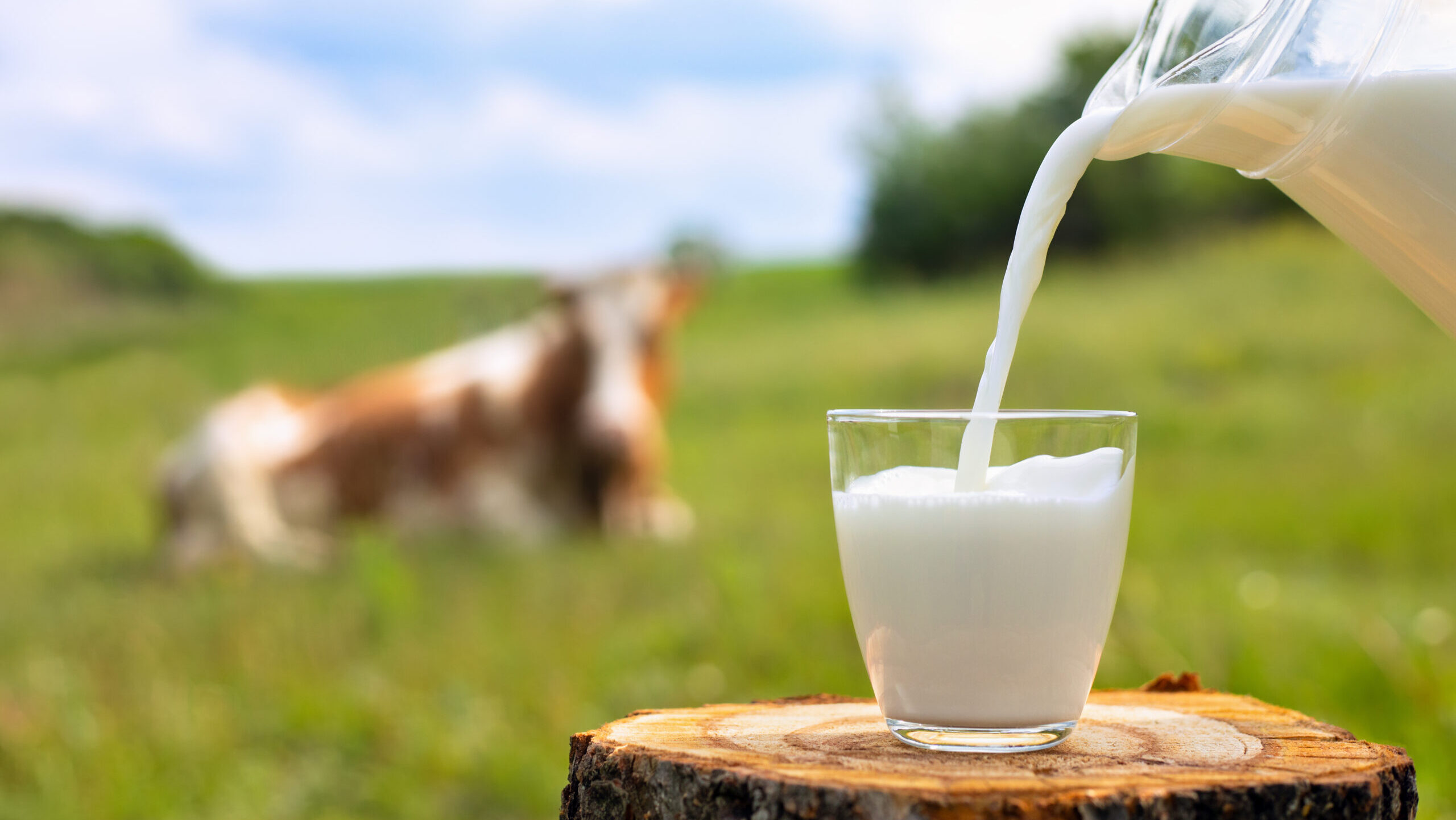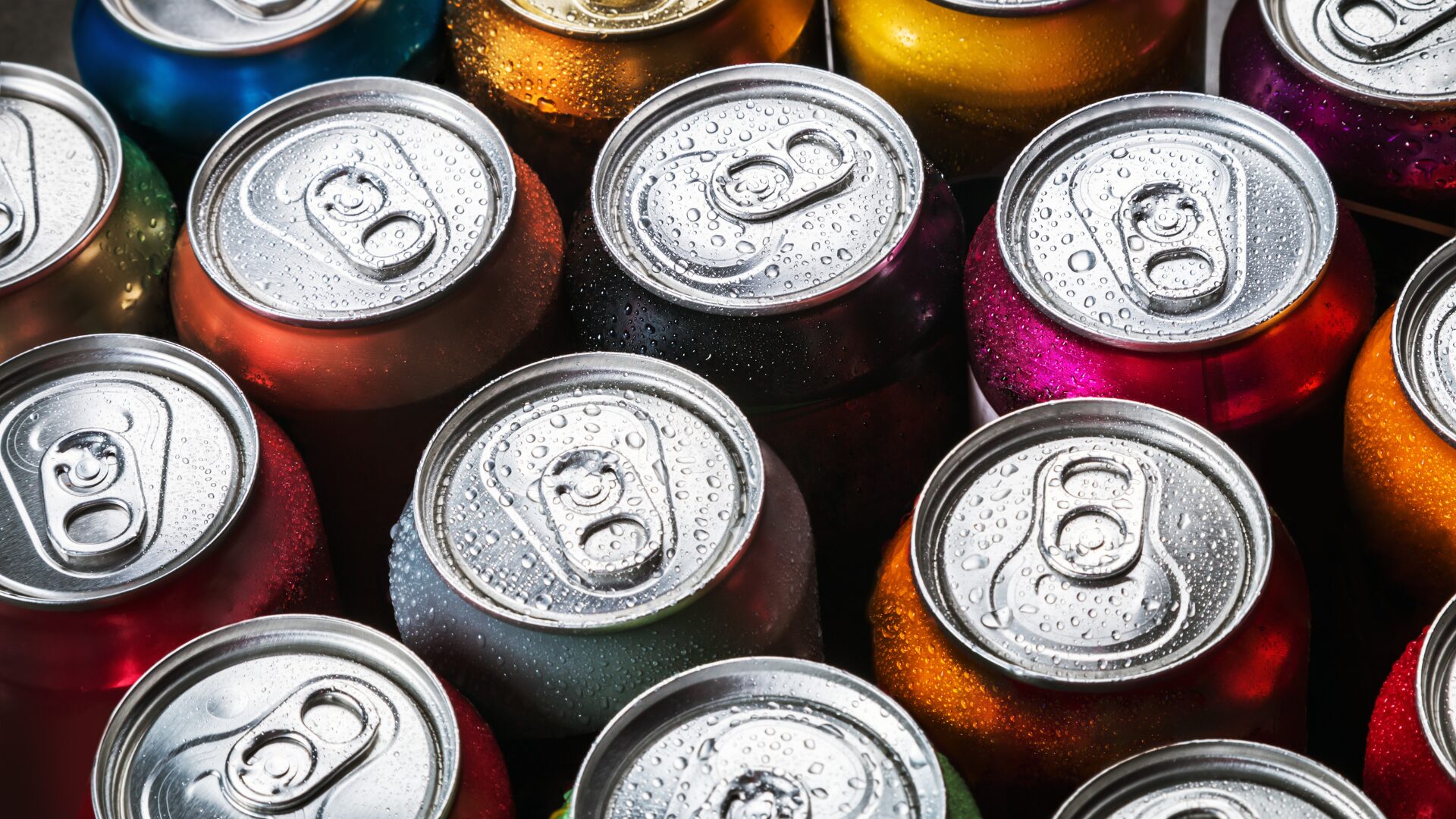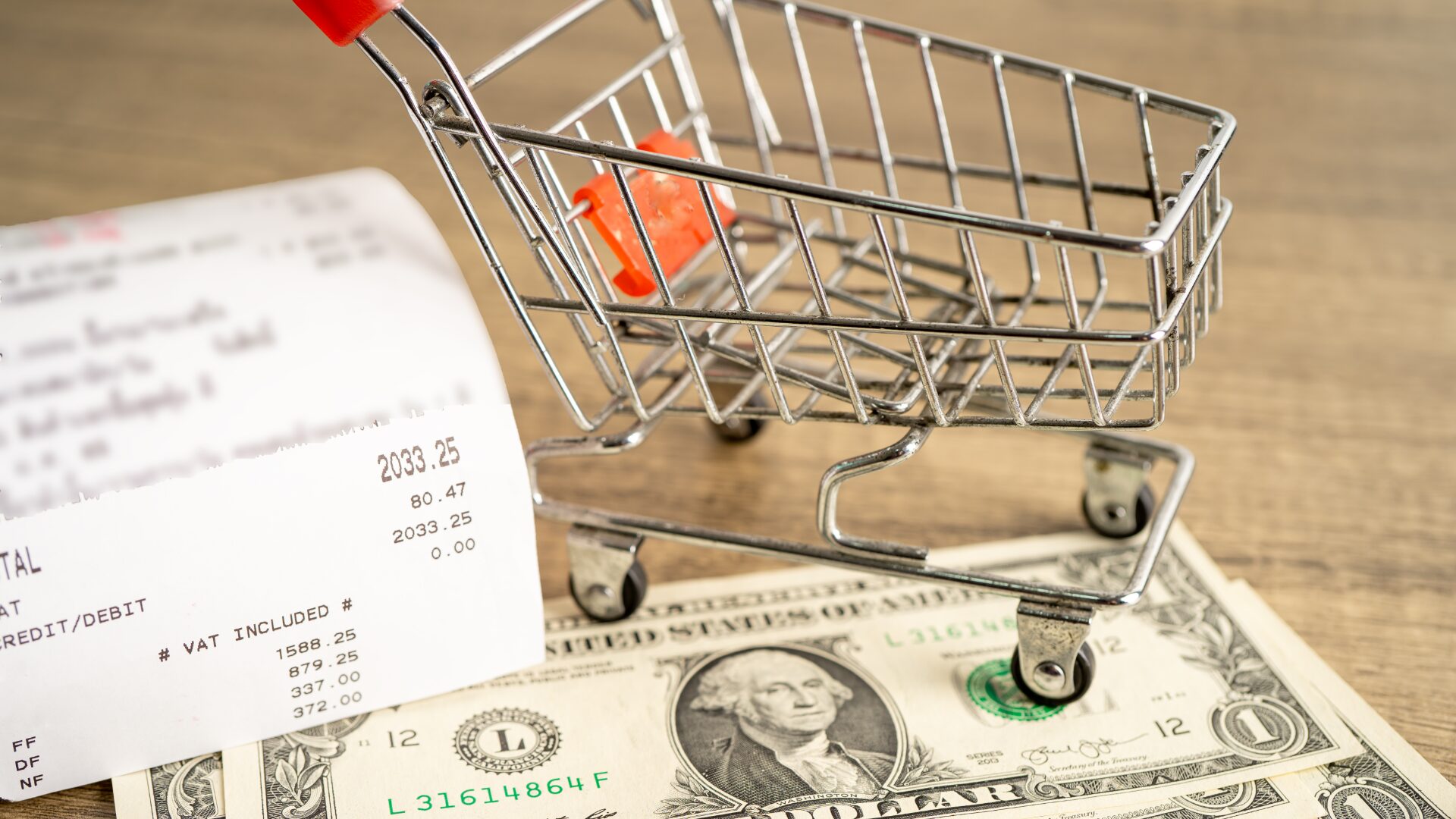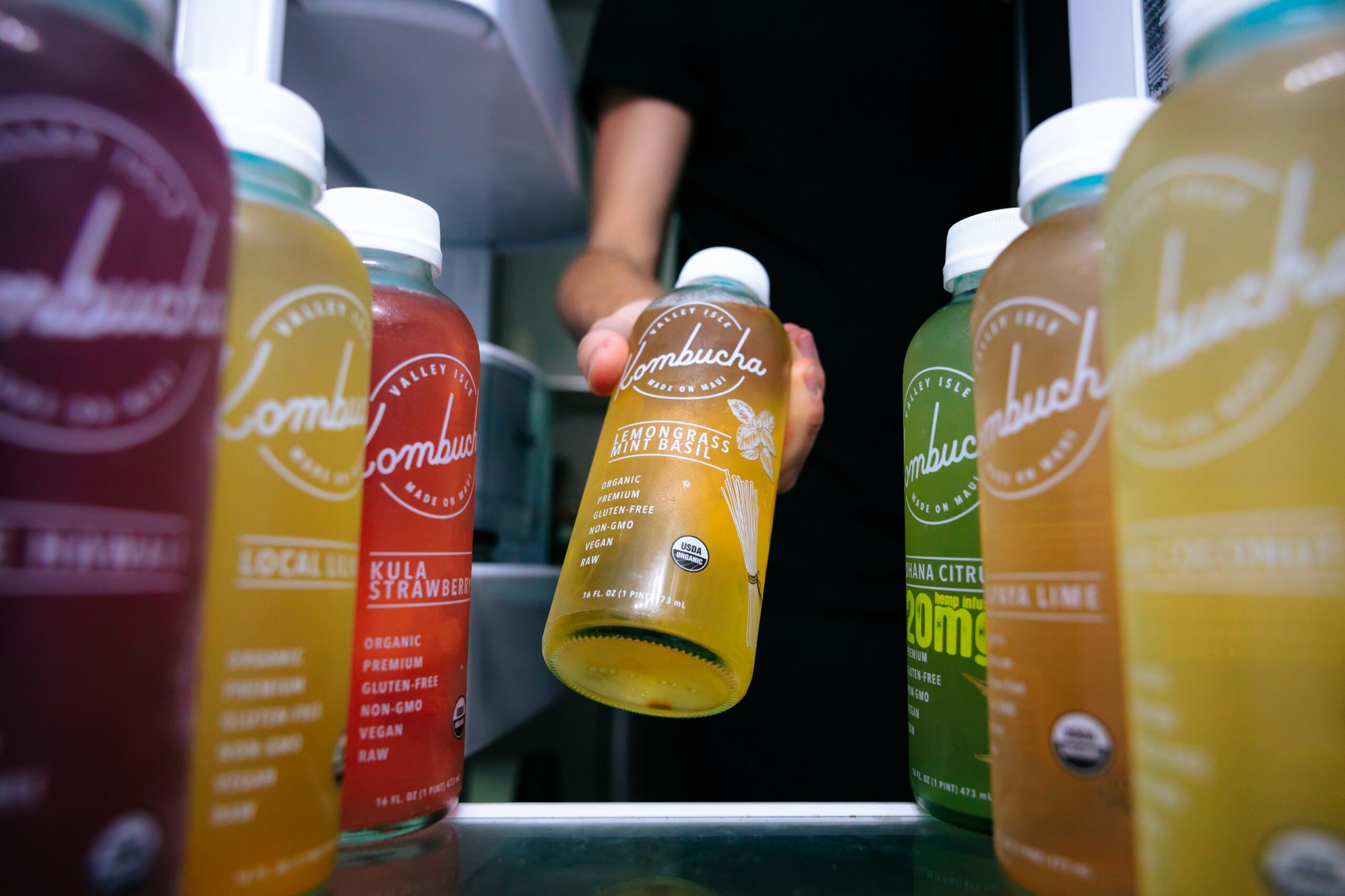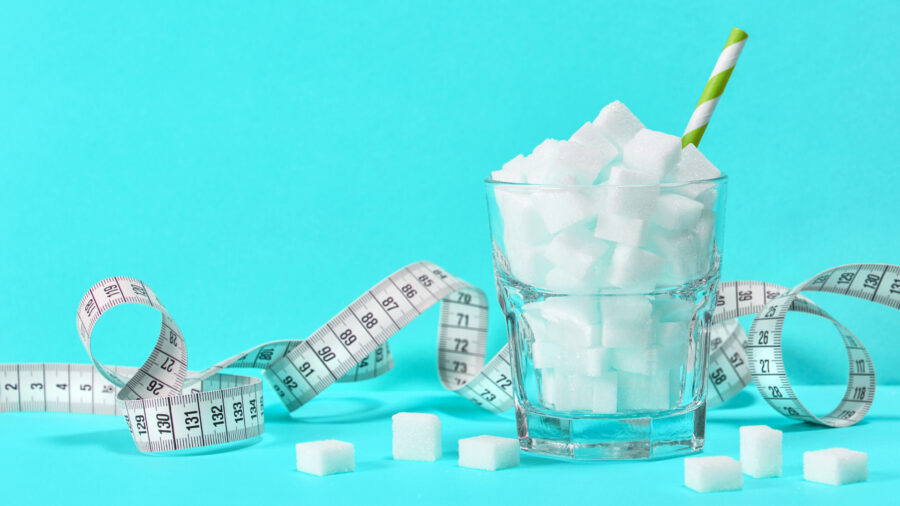These days, an increasing share of consumers are looking for drinks that not only taste good, but also serve a beneficial function. These functional beverages contain ingredients that, theoretically, can help build and maintain health, and have the added appeal of convenience.
Case in point: at the recent SIAL Paris industry event, functional beverages took center stage. The international gathering played host to a variety of different wellness teas, specialty water brands and similar drinks that have been on the rise.
Last year, the global functional beverages market was valued at just under $130 billion. That figure is expected to grow nearly 9% annually throughout the decade, reaching a value of $279.4 billion by 2030, according to reporting by TechCrunch.
Alex Wolfe – founder of biotech wellness brand EONS and co-founder of Circadian Wellness – said modern consumers are often turning to functional beverages for benefits like increased mental focus during their workday.
“Calmness and reducing anxiety is another trend that’s attracting people to” functional products, Wolfe told The Food Institute. “Ingredients like L-Theanine are getting a lot of attention for creating a calming effect and allowing people to access a flow state experience.”
CONVENIENCE A KEY FACTOR
When it comes to overall health, consumers these days are placing an increased focus on what kinds of nutrients they’re getting and what the benefits are. Convenience also plays an important factor in beverage purchases.
The old-school, functional beverages like coffee and energy drinks notoriously rely on sugar and additives to give consumers a boost, and many consumers are through with the unhealthy side effects of such drinks. They want products that use ingredients serving specific health benefits that lead to improved energy and wellness without any of the sugar crashes or digestive issues.
The top priority for consumers of functional beverages has long been immunity, gut and heart health, according to a report from New Food Magazine. Certainly after a pandemic era that inspired heightened attention on the immune system, many consumers want products that can stave off illnesses.
Bill Meissner, the president and chief marketing officer of Splash Beverage Group, has seen first-hand the pandemic-accelerated demand for functional beverages, notably as an alcohol alternative.
“People became more conscious and observant of what products serve (or don’t serve) their health, stress reduction, and sleep,” Meissner told The Food Institute. “As consumers spent more time on their overall health choices, several brands anchored in non-alcohol with existing distribution started to see triple-digit growth, and major producers are taking note.”
The foundation of this growing macro-trend, Meissner says, is rooted in younger Americans’ desire to live a healthier lifestyle.
Kerry Group recently surveyed thousands of consumers across 18 countries, and a majority agreed that they’re willing to pay more for products with added functional benefits. Approximately 53% of those surveyed said they were interested in beverages with ingredients that specifically support immunity. Such products typically include ingredients such as:
- vitamin blends
- omega-3 fatty acids
- probiotics
ADDITIONAL CONSUMER DESIRES
Functional beverage users are also concerned with cognitive, joint, and heart health.
Additionally, a key concern among consumers surveyed was to be certain that the products they’re buying are backed by scientific evidence. Many shoppers have grown wise to questionable marketing tactics that overstate the health values of products.
As these trends continue in the beverage industry, it’s clear that this market is staking its territory among health-conscious consumers and won’t be going away anytime soon.
“We feel optimistic about the growth, from not only market research data but also the positive reactions of consumers,” Meissner says. “Functional beverages will continue to persist, so we expect to see forthcoming options that fit the needs of today’s consumers.”






